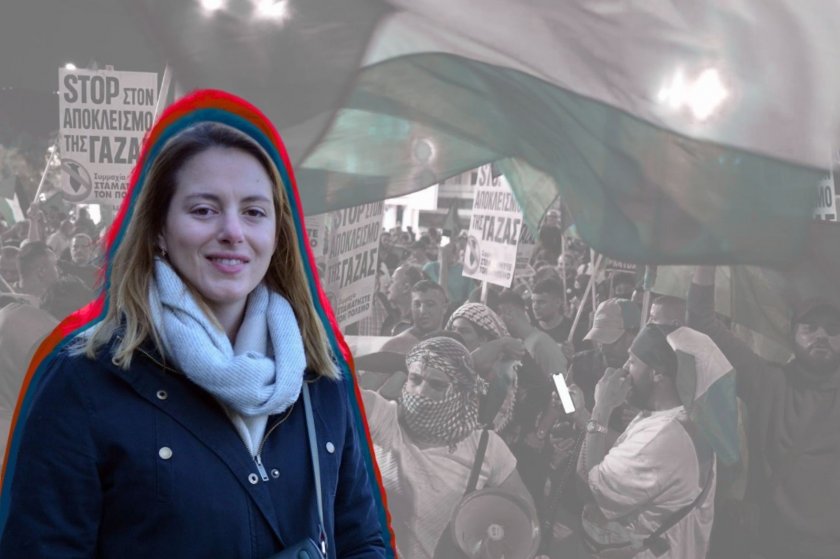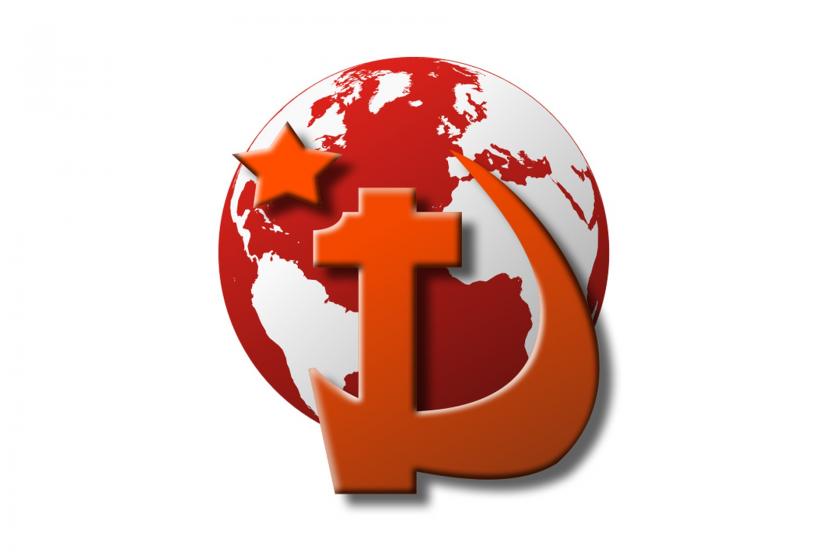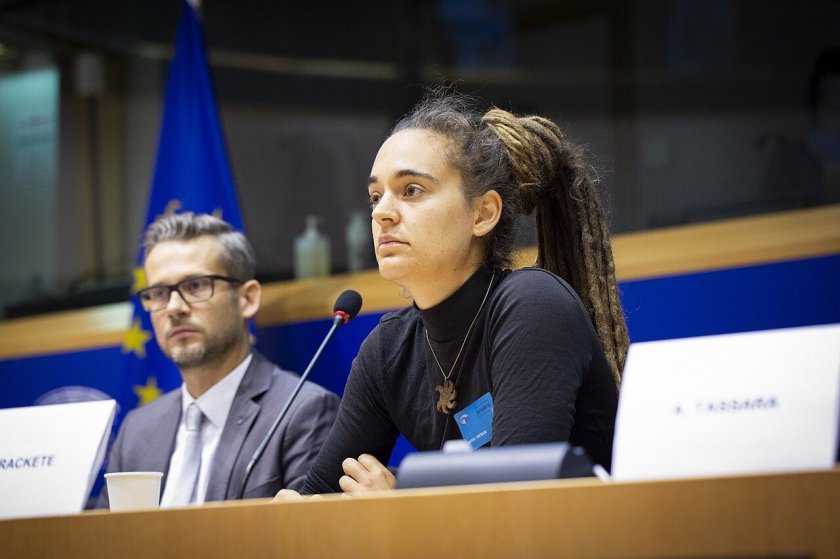NATO expansion and Russia

M. Sinan Birdal

İllüstrasyon: Mailtoanton/Wikimedia Commons (CC BY-SA 3.0)
Having lasted for about thirty years, the argument in International Relations discipline has exacerbated again upon Russia’s invasion of Ukraine: Was it a mistake for NATO to expand towards East? Taking up this question does not mean that Russia’s attack is rightful nor does it mean to suggest that the accountability of the invasion lies with NATO. There is an unusual consensus in both academic and political spheres about that Russia has started a war that is unjust in International Law. However the argument of strategy, started on the day the Soviet Union was disintegrated, is going on, and it will persist. To the contrary of the public opinion common in Turkey, those, suggesting the expansion of NATO to be a wrong strategy, are comprised of rather the names forming the mainstream in American International Relations discipline than the leftists. A forerunner representative of them, Chicago University professor John Mearsheimer has been for years a representative of a school, known as neo-realism, that tries to shake the domination of every critical approach in the field. There is not that much to be surprised about it, either, since the opposition of Mearsheimer is entirely based on real-political and geo-political doctrines.
In recent days, Mearsheimer gave a long interview to The New Yorker, and he held the US accountable for the Ukraine crisis. According to Mearsheimer, the issue originates from NATO’s announcement in April 2008 that Ukraine and Georgia will be members. The author compares Russia’s reaction to this by Monroe Doctrine by defining it as great power politics not imperialism. Mearsheimer has a single answer to all arguments raised by the Isaac Chotiner conducting the interview, in the way that imperialism should be opposed whether it comes from Russia or the US: “World doesn’t work so.” This response is a good example of how realism or real-politics claims the monopoly on the truth. Such questions have no value as to whether the countries of those regions are democratic or they are governed by dictatorships; on the contrary they are detrimental. For Mearsheimer emphasizing that the US has organized coups against many democracies throughout the era of Cold War, these are ordinary affairs in great power politics. According to the author defining Iraq War of Bush as an export of democracy, it is a formidable mistake for the US to base its external politics on democratization. At this point, upon Chotiner’s criticism of the thesis that the US had tried to bring about democracy in Iraq, Mearsheimer repeated the preaches of Bush Doctrine and warned: “And you know how much it helped. It did not help much.”
Mearsheimer’s assertions might shock the public opinion, however there is not much new from the view point of International Relations discipline. Realism or real-politics draws thick lines between international politics, and the national politics and morality, and it defines the truth by an imaginary interest of state. In this context, Mearsheimer is not alone. The best known name of the previous generation and accepted as the founding figure of neo-realism, Kenneth Waltz, back in 1990’s, had opposed to the expansion of NATO for it would have meant a threat to Russia. It is possible to add also other names to the list : the father of Policy of Containment during Cold War George Kennan, a hawk of Reagan Paul Nitze, Richard Pipes of Harvard Sovietologs, the most important names of Congress in the field of national security Senator Sam Nunn, previous ambassador of the US to United Nations Senator Daniel Patrick Moynihan, the defence minister of the victor of Vietnam President Lyndon Johnson Robert McNamara. All these names had opposed to the expansion of NATO with the same reasons as Waltz and Mearsheimer had. In addition to recalling this list, let’s note that an article, criticising Clinton administration for ignoring the warning of the names in the list, had also been published in The Nation, which is closely followed by liberals. According to Professor Rajan Menon of City College of New York, authoring the article, the US “has been reaping what it sowed.” Of course what is sown is in fact Ukraine. At this point, it is also necessary to discuss whether the US has, right from the start, seen Ukraine as a battle field or not, and thus whether it is now on the losing side or not. As a matter of fact, it had been explained what Russia thought about Ukraine’s NATO membership and what it would have done with outmost clarity and without any doubt in a crypto, Menon referenced to and William Burns, currently the head of CIA, had wired to Washington when he had been the ambassador to Moscow. You can access to this document via Wikileaks.
I had read about the arguments emerged during 1993-1994 in Clinton administration between the the dove opposing to NATO’s expansion and the hawks supporting it, years ago, in an article by Gilbert Achcar of SOAS University of London about Kosovo intervention (“Rasputin Plays at Chess: How the West Blundered into a New Cold War”, in Masters of the Universe: NATO’s Balkan Crusade edited by Tariq Ali, Verso, 2000, pp. 57-89). After providing a longer list than that of the names listed above, Achcar emphasizes that the dove had been concerned with that the expansion of NATO would have weakened the alliance. The dove suggest the old Soviet geography including Russia be assessed within the Partnership for Peace project. The US Department of Defence Pentagon (Secretary of Defence Les Aspin and Chief of Staff John Shalikashvili) were on the side of the dove. Department of Foreign Affairs, on the other hand, was divided, Secretary of Foreign Affairs Warren Christopher was hesitant between the two wings. In such situation, Clinton’s national security advisor Anthony Lake dominated the politics of the White House by employing a move similar to his sponsor Zbigniew Brzezinski had against Secretary of Foreign Affairs Cyrus Vance during President Carter Administration. In 1994, Clinton’s preferences became clear: Les Aspin resigned. The successor William Perry stepped down, and Democrat president Clinton appointed to the post a Republican hawk William Cohen. Meanwhile, Richard Holbrooke was assigned as the head of Europe department of Foreign Affairs, Brzezinski’s doctoral student Madeleine Albright had Christopher’s post, and to the head of Europe Allied Forces, Wesley Clark was assigned. Finally, in 1997, NATO-Russia Founding Act was signed in Paris and Poland, Hungary, Czech Republic were accepted as members in July. On another front, the Brzezinski team ran the Kosovo intervention in 1999 that NATO realised without seeking the UN approval. According to the previous General Secretary of NATO George Robertson, we came to know, even after Kosovo War, that Russia brought up (personally by Putin) the request for its membership to NATO. Yes, what happened to that request? Could NATO have accepted Russia as a member? Would the story of Russia as a NATO member be any different? In conventional history writing, such questions are not welcome, unhappened events are not of any interest. However, such speculations in the theory of international relations are inevitable, and just as they happen today, they are brought forward again and again during a time of every crisis.






Follow Evrensel